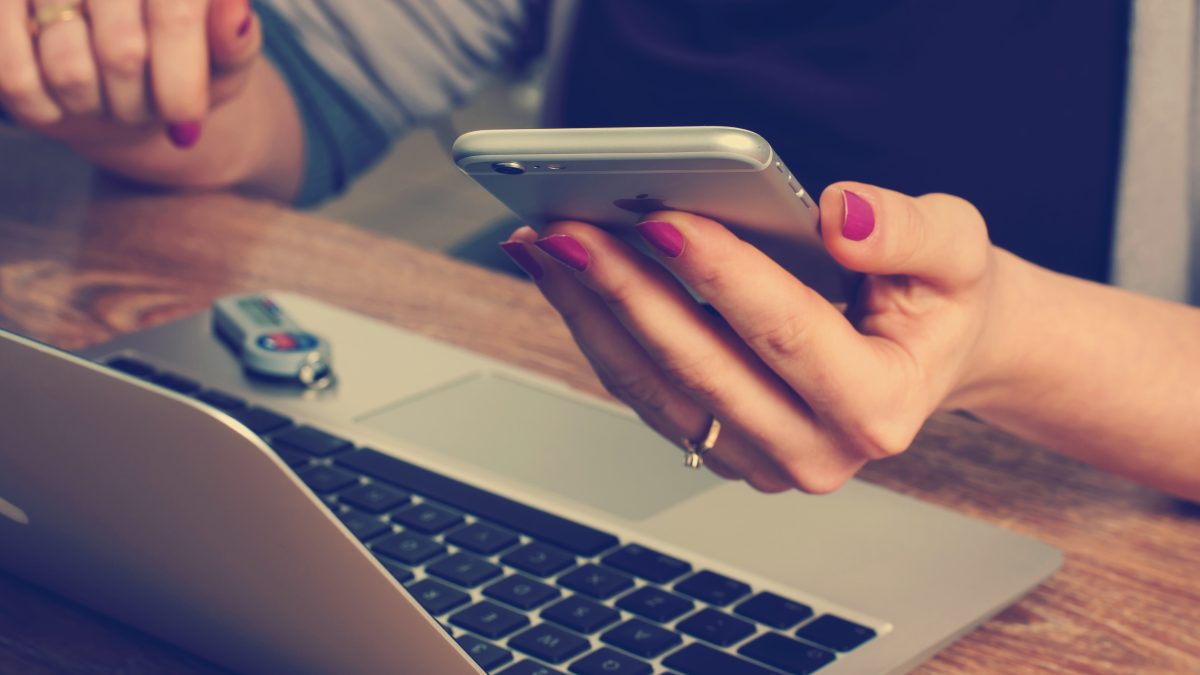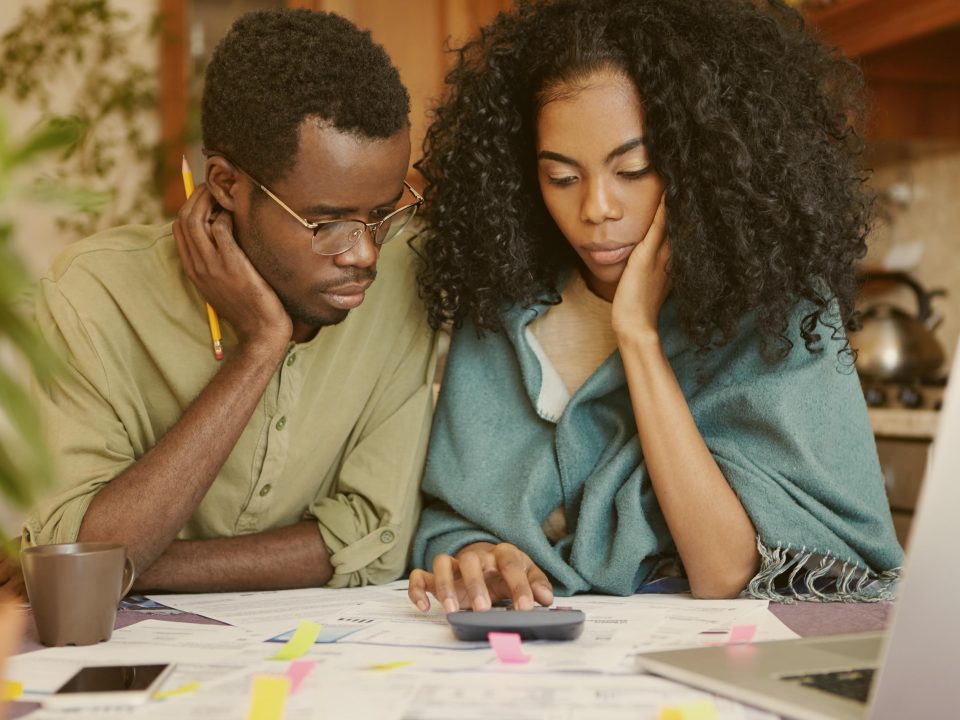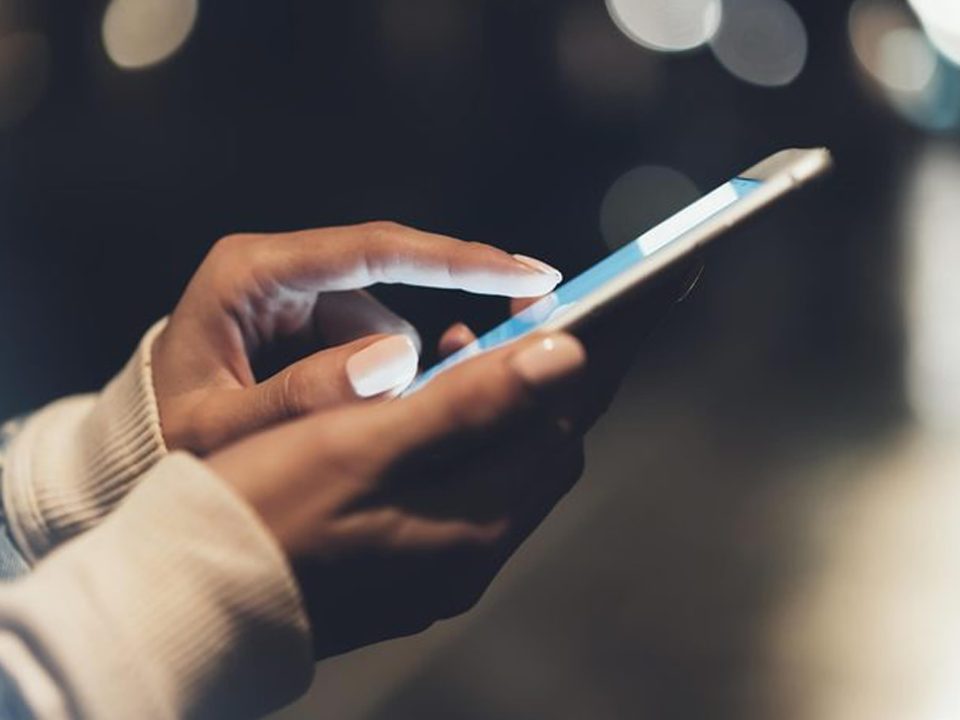
FREE Webinar Financial Planning
October 19, 2020
Couples buying new home
February 16, 2022Banking online has made managing money a lot more convenient than it used to be. We don't have to visit the bank to transfer our funds, or wait for the next paper statement to know what the balance is. All that information is at our fingertips. But while online banking has made things easier for us, it's also made things easier for thieves.
Criminals don't need to plan a heist to rob someone's bank account anymore. All they need to do is wait for you to let your guard down and expose your personal information, or send out a virus that will collect the information. The only way to avoid becoming a thief's next victim is to carefully guard your personal information and always practice these online banking safety tips.
1. Don't access your bank accounts on public Wi-Fi
When you're on public Wi-Fi, hackers can more easily access your computer and steal personal information from it. You should never access your bank's website through a computer, tablet, or mobile phone unless you're on a secure Wi-Fi network with a password, or using your own cell phone data connection. This is much more difficult for thieves to hack, so it keeps your information safer.
2. Avoid saving your login information
Some websites give you the option to save your login information for future use, but if someone uses your computer or mobile device after you, they could gain access to your bank accounts. To at least help prevent this from happening, many banking sites now time out after a certain number of minutes of inactivity, and do not save your information.
3. Use strong passwords and change them often
Strong passwords have a mix of upper- and lowercase letters, numbers, and symbols. Many banks now require your online accounts to carry a password meeting these requirements. You should also change your password every couple of months, and use different passwords for all of your online accounts so that hackers will have a more difficult time gaining access to your information.
4. Use two-factor authentication whenever possible
Two-factor authentication is the next level of security that many banks are now offering. Usually, you give your bank your phone number, and it texts a code when you log in online. Some banks also enable you to request a code via email or a phone call. You must enter this code in addition to your password to log in. This way, even if someone has stolen your password, they cannot access your accounts. It's another hoop to jump through, but it could help keep your money safe, so set it up if your bank offers it.
5. Keep your computer updated
Outdated computers and mobile devices may not be secure enough to protect your personal and financial data against the latest computer viruses. If your computer gets infected with a virus, a hacker could gain access to your bank accounts without you knowing it until your money is gone. Always perform your computer's recommended updates as soon as they become available, and install antivirus software on your computer.
6. Always type your bank's web address into your browser yourself
Some hackers send out "phishing" emails that appear to be from your bank. They're hoping you'll enter your login information at their fake version of the bank's site. Never click on links in emails that appear to be from your bank, even if they look legitimate. Instead, type the bank's web address into the URL bar yourself, or use a search engine to find the correct web page. You can bookmark the right page for later use.




